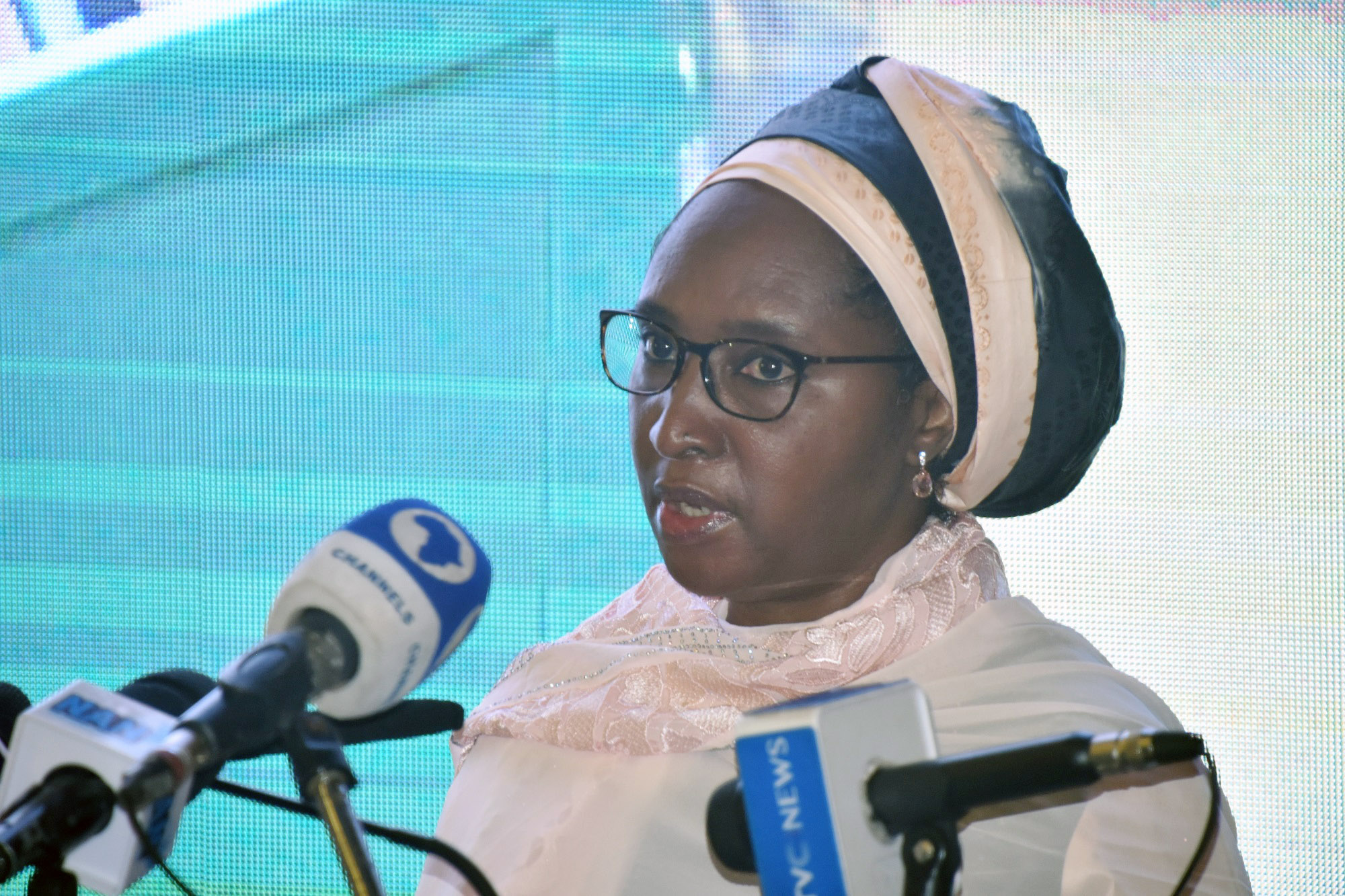Business
FRB Tightening Policy: IMF Wants Nigeria, Others To Devalue Currency

The International Monetary Fund (IMF) has advised emerging economies such as Nigeria to allow their currencies to depreciate in response to tighter funding conditions and an imminent policy tightening by the Federal Reserve Bank of the United States.
In addition, the Washington-based lender also told the Central Bank of Nigeria (CBN) and the apex banks of emerging economies to raise their benchmark interest rate in preparation for the Fed policy tightening.
Disclosing this in a blogpost titled, ‘Emerging Economies Must Prepare for Fed Policy Tightening,’ on Monday, the IMF said, while changes in the global economic outlook appear positive, especially in the United States, these changes are uncertain for emerging markets.
The Fund noted that emerging markets with high public and private debts, foreign exchange exposures, and lower current-account balances had been seeing larger movements of their currencies relative to the US dollar in recent months.
Consequently, the IMF said the combination of slower growth and elevated vulnerabilities could create adverse feedback loops for the emerging economies.
“Some emerging markets have already started to adjust monetary policy and are preparing to scale back fiscal support to address rising debt and inflation.
“In response to tighter funding conditions, emerging markets should tailor their response based on their circumstances and vulnerabilities. Those with policy credibility on containing inflation can tighten monetary policy more gradually, while others with stronger inflation pressures or weaker institutions must act swiftly and comprehensively.
“In either case, responses should include letting currencies depreciate and raising benchmark interest rates. If faced with disorderly conditions in foreign exchange markets, central banks with sufficient reserves can intervene provided this intervention does not substitute for warranted macroeconomic adjustment.
“Nevertheless, such actions can pose difficult choices for emerging markets as they trade off supporting a weak domestic economy with safeguarding price and external stability.
“Similarly, extending support to businesses beyond existing measures may increase credit risks and weaken the longer-term health of financial institutions by delaying the recognition of losses. And rolling back those measures could further tighten financial conditions, weakening the recovery.”
The IMF said that to manage the tradeoffs, emerging economies must take steps to strengthen policy frameworks and reduce vulnerabilities now.
It added that central banks needed to be clear and consistent in communicating its tightening measures to contain inflation pressures in order to enhance the public’s understanding of the need to pursue price stability.
The IMF continued that “countries with high levels of debt denominated in foreign currencies must try to reduce it and hedge its exposures where feasible, and while reducing rollover risks, the maturity of obligations should be extended even if it increases cost.
“Heavily indebted countries might need to start fiscal adjustment sooner and faster”, it said.
Business
NCDMB, Dangote Refinery Unveil JTC On Deepening Local Content
Business
Food Security: NDDC Pays Counterpart Fund For LIFE-ND Project
Business
Replace Nipa Palms With Mangroove In Ogoni, Group Urges FG, HYPREP
-
Rivers1 day ago
HOS Tasks Rural Dwellers On RAAMP … As Project Sensitization Team Visit Degema, AKULGA
-

 News1 day ago
News1 day agoSenate Replaces Natasha As Committee Chairman
-
Opinion1 day ago
Checking Herdsmen Rampage
-

 Niger Delta1 day ago
Niger Delta1 day agoHYPREP Trains Lab Technicians To Standardise Water Quality In Ogoniland
-
News1 day ago
Tinubu, Govs Forum Congratulate Okpebholo On S’Court Victory …As Obaseki Expresses Disappointment
-
Politics1 day ago
Lagos LG Polls: Police Restrict Movement, Tightens Security
-
Rivers1 day ago
VALVA Restates Commitment Education Advancement, Literacy In Nigeria
-
Politics1 day ago
Obey Order On AA In Six Days, Court Directs INEC, Yakubu

